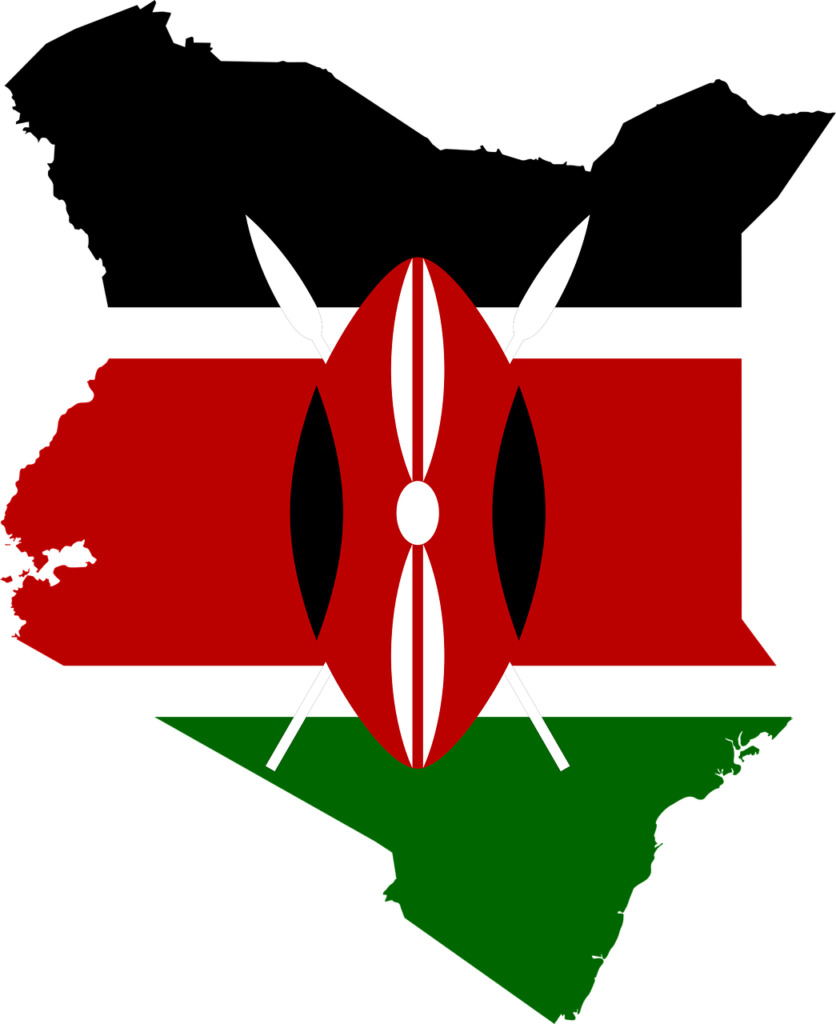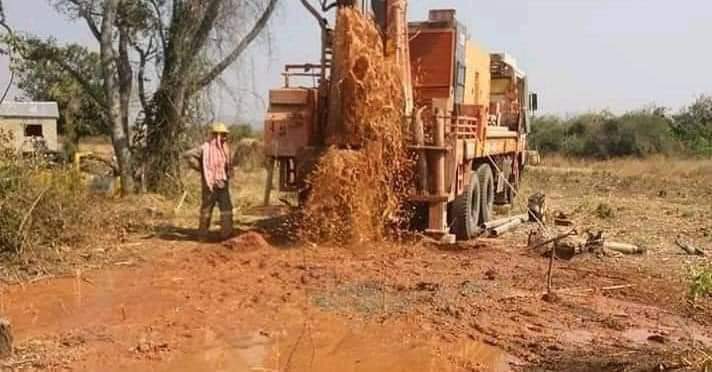🚨 SHOCKING REALITY: 4 out of every 5 boreholes become expensive monuments to poor planning – KSh 10.5 billion lost annually!
The Shocking Reality That’s Costing Kenyans Millions
You’ve just spent KSh 700,000 drilling a borehole on your property in Kiambu. For six months, crystal-clear water flows freely. Then suddenly, nothing. Just an expensive hole in the ground.
You’re not alone.
According to recent data from the Water Resources Authority (WRA), a staggering 80% of private boreholes in Kenya fail within their first five years. That’s 4 out of every 5 boreholes becoming expensive monuments to poor planning.
But here’s what’s even more shocking: Most of these failures are completely preventable. Read our comprehensive guide on borehole drilling costs in Kenya to understand proper budgeting and planning.
Understanding Why Boreholes Fail: The KSh 10.5 Billion Problem
Average borehole cost
Failed boreholes annually
Total money lost yearly
5 Reasons Why Boreholes Fail: The Silent Killers
1 The “Cheap Contractor” Trap – Why Most Boreholes Fail (40% of failures)
🔍 Real Story: Mary Wanjiku – Thika
The Mistake: Hired the cheapest contractor – KSh 380,000 for a 60-meter borehole.
The Result: Within 18 months, water turned brown and yield dropped to almost nothing.
The Hidden Cost: Spent additional KSh 650,000 to drill properly.
What went wrong:
- ❌ No geological survey conducted
- ❌ Poor quality casing materials
- ❌ Inadequate depth for the water table
- ❌ No proper sealing against contamination
2 Poor Location Selection – Major Reason Boreholes Fail (25% of failures)
🔍 Case Study: Nakuru Dairy Farm
The Mistake: Farmer drilled three boreholes within 50 meters of each other.
The Result: All three failed within 3 years.
Wrong Criteria Used:
- Easy access for drilling equipment
- Proximity to main house
- Distance from the road
Should Have Considered:
- ✅ Groundwater flow patterns
- ✅ Geological formations
- ✅ Contamination source proximity
- ✅ Seasonal water table variations
3 Incorrect Depth Planning – Why Boreholes Fail Early (20% of failures)
The Reality: Deeper isn’t always better. Going too deep can:
- 🧂 Hit saline water layers
- 💰 Increase pumping costs exponentially
- 💧 Reduce water quality
- 💸 Waste money on unnecessary drilling
Smart Depth Strategy:
- ✅ Conduct proper geological surveys
- ✅ Understand local aquifer depths
- ✅ Consider seasonal variations
- ✅ Factor in long-term sustainability
4 Maintenance Amnesia (10% of failures)
😱 70% of borehole owners never conduct any maintenance until problems arise
The Slow Death Process:
Month 1-12: Perfect performance
Month 13-24: Slight decrease in yield (ignored)
Month 25-36: Water quality issues begin (treated as “temporary”)
Month 37-48: Major problems emerge
Month 49-60: Complete failure
5 The Wrong Equipment Choice (5% of failures)
Common Equipment Mistakes:
- 🔌 Oversized pumps that lower water tables too quickly
- 🔧 Poor quality pipes that corrode
- ⚡ Inadequate electrical systems
- 📏 Wrong pump placement depth
Choosing the right borehole pumps is critical for long-term success and preventing premature failure.
The KSh 200,000 Investment That Saves KSh 700,000
💡 The Solution: Proper geological surveys and professional planning
Survey Investment
Potential Savings
Return on Investment
What a proper survey includes:
- 🔬 Geological formation analysis
- 💧 Groundwater mapping
- 🧪 Water quality testing
- 📊 Yield estimation
- 🌱 Long-term sustainability assessment
✅ Success Story: The Kiambu Miracle
Background:
John Kamau, a flower farmer in Kiambu, needed reliable water for greenhouse operations.
The Smart Approach:
- Invested KSh 180,000 in comprehensive geological survey
- Chose drilling location based on scientific data
- Used certified contractors with proper equipment
- Implemented regular maintenance schedule
Results after 4 years:
- 🚰 Consistent yield of 5,000 liters per hour
- 💎 Excellent water quality
- 🔧 Zero major maintenance issues
- 💰 ROI achieved in 18 months
The Bonvic Drilling Difference: Why 95% of Our Boreholes Succeed
🎯 Our 5-Point Success System
1. Scientific Site Selection
- Advanced geological surveys
- Groundwater modeling
- Contamination risk assessment
- Long-term yield projections
2. Quality Materials & Equipment
- German-engineered drilling equipment
- High-grade PVC casing
- Stainless steel screens
- Professional-grade pumps
3. Depth Optimization
- Precise aquifer targeting
- Cost-effective depth planning
- Quality water assurance
- Sustainable yield focus
4. Professional Installation
- Certified drilling technicians
- Proper sealing techniques
- Quality control at every stage
- Comprehensive testing
5. Ongoing Support
- 2-year warranty
- Maintenance scheduling
- Water quality monitoring
- Technical support hotline
🚩 Red Flags: How to Spot a Bad Contractor
❌ Warning Signs
- ❌ Quotes significantly below market rate
- ❌ No geological survey offered
- ❌ Cannot provide recent client references
- ❌ No written warranty provided
- ❌ Pressures you to sign immediately
- ❌ Cannot explain their drilling process
- ❌ No proper equipment visible
✅ Green Flags
- ✅ Insists on geological survey
- ✅ Provides detailed written estimates
- ✅ Has verifiable client testimonials
- ✅ Explains risks and mitigation strategies
- ✅ Offers comprehensive warranties
- ✅ Uses modern drilling equipment
- ✅ Provides ongoing support
✅ Your 7-Step Borehole Success Checklist
Before You Drill:
- Budget properly – Include survey, drilling, equipment, and maintenance costs
- Research contractors – Check licenses, insurance, and client reviews
- Demand geological survey – Never drill without proper site analysis
- Get multiple quotes – Compare not just price, but value and approach
- Verify permits – Ensure all WRA requirements are met
- Plan for maintenance – Budget for ongoing care and monitoring
- Document everything – Keep records of all work and warranties
💡 The Bottom Line: Your Water Security Depends on Smart Choices
The difference between a successful borehole and an expensive failure isn’t luck – it’s planning.
Remember:
80% failure rate is preventable • Proper planning saves KSh 700,000+ • Quality contractors cost more upfront but save money long-term
🎯 Take Action Today
Don’t become another statistic. Whether you’re planning your first borehole or replacing a failed one, make the smart choice.
Get Your Free Borehole Consultation
📞 Call: 0720545191
🌐 Visit: bonvicdrilling.com
📧 Email: hello@bonvicdrilling.com
📍 Office: Nairobi (Services offered countrywide)
🎁 Special Offer: Mention this article and get 15% off your geological survey


